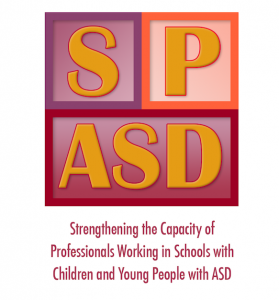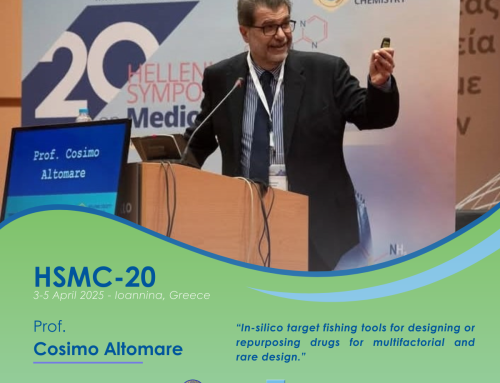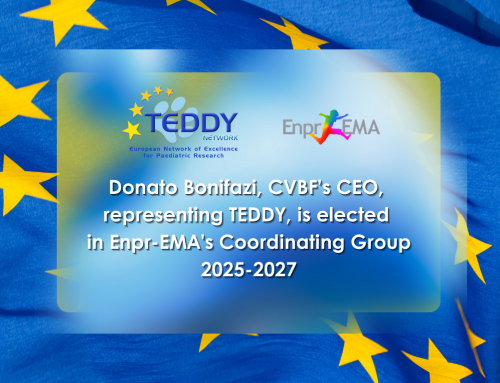
The SPASD project, funded under the European Program Erasmus Plus – Strategic partnership program 2017, aims to strengthen teachers’ knowledge and skills in working with inclusive classes and in managing complex realities in the classroom.
The project, that lasts 24 months and started on October 1st 2017, is led by Romanian Angel Appeal Foundation (RAA) gathering a consortium of 4 partners beyond the coordinator: Universitair Medisch Centrum Groningen/Academisch Ziekenhuis (UMCG), The Netherlands; Consorzio per Valutazioni Biologiche e Farmacologiche (CVBF), Italy; Universitatea Babes Bolyai (UBB), Romania; Fundacja Synapsis, Polonia.
SPASD activities target primary, secondary and high school teachers from mainstream schools as being the main actors able to combat early school dropout and to increase school integration of children with ASD.
ASD is no longer considered a rare condition and we know now that levels of cognitive functioning of individuals with ASD cover the whole range, from intellectual disability to high functioning. Nevertheless, all the 4 partner countries (Romania, Poland, Italy, the Netherlands) report difficulties in managing children with ASD in a regular classroom due to several factors: teachers’ low competencies in working with ASD students; limited school resources to train staff, provide teaching adaptation tools and educational support services; discrimination that is still present nowadays.
To reach the project objectives, 4 e-learning courses will be released. The courses address topics aimed to increase competences and skills of teachers which do not only concern providing high quality and inclusive classroom teaching but also providing support in the transfer of capabilities from school to community life for students with ASD and in building a partnership with parents in educating the child.
The following modules will be developed:
- Understanding and managing ASD in the classroom –
- Curriculum adaptation for students diagnosed with ASD –
- Information and Communication Technologies (ICTs) and ASD
- Transition from school to adult life of ASD students
The courses will be available in 4 languages, English, Romanian, Polish, Italian, on a dedicated platform at this link https://teachasd.com/ where teachers can register and find out all the information on how to access the courses in each country involved in the project. Moreover, the courses will be accredited in all the countries involved according to each educational system requirements.



